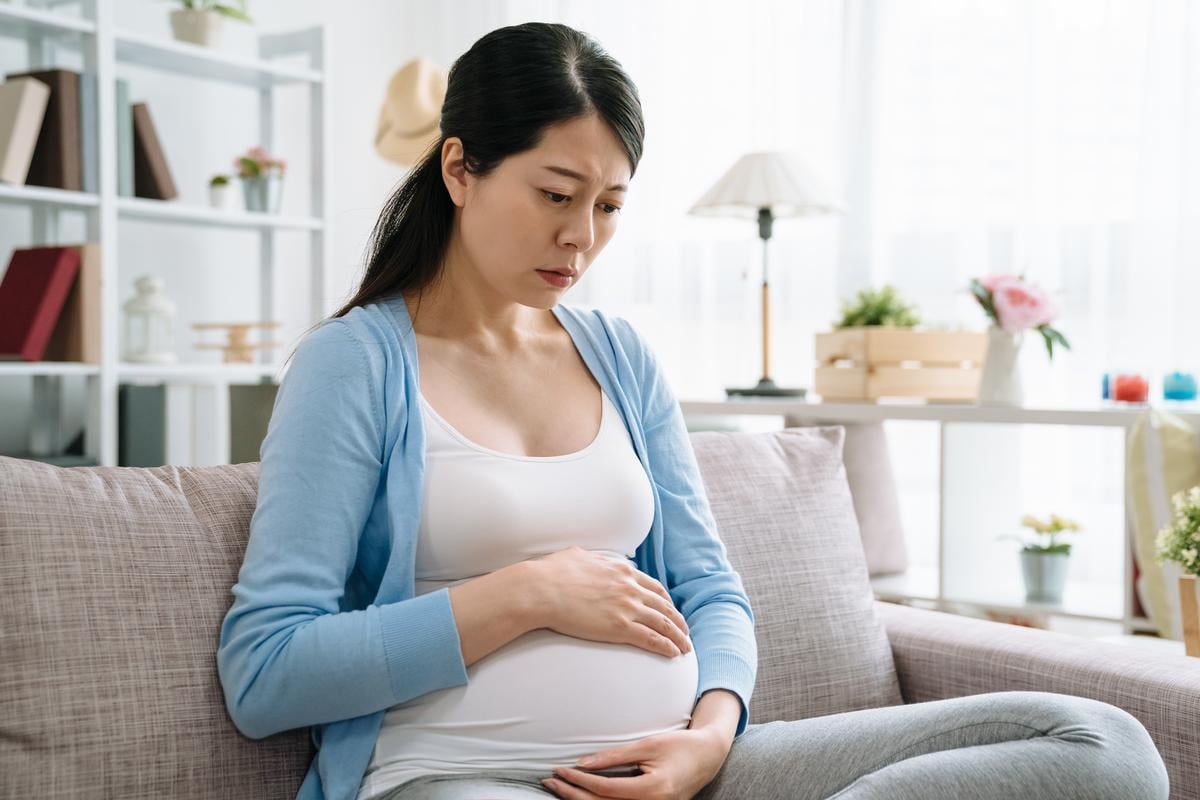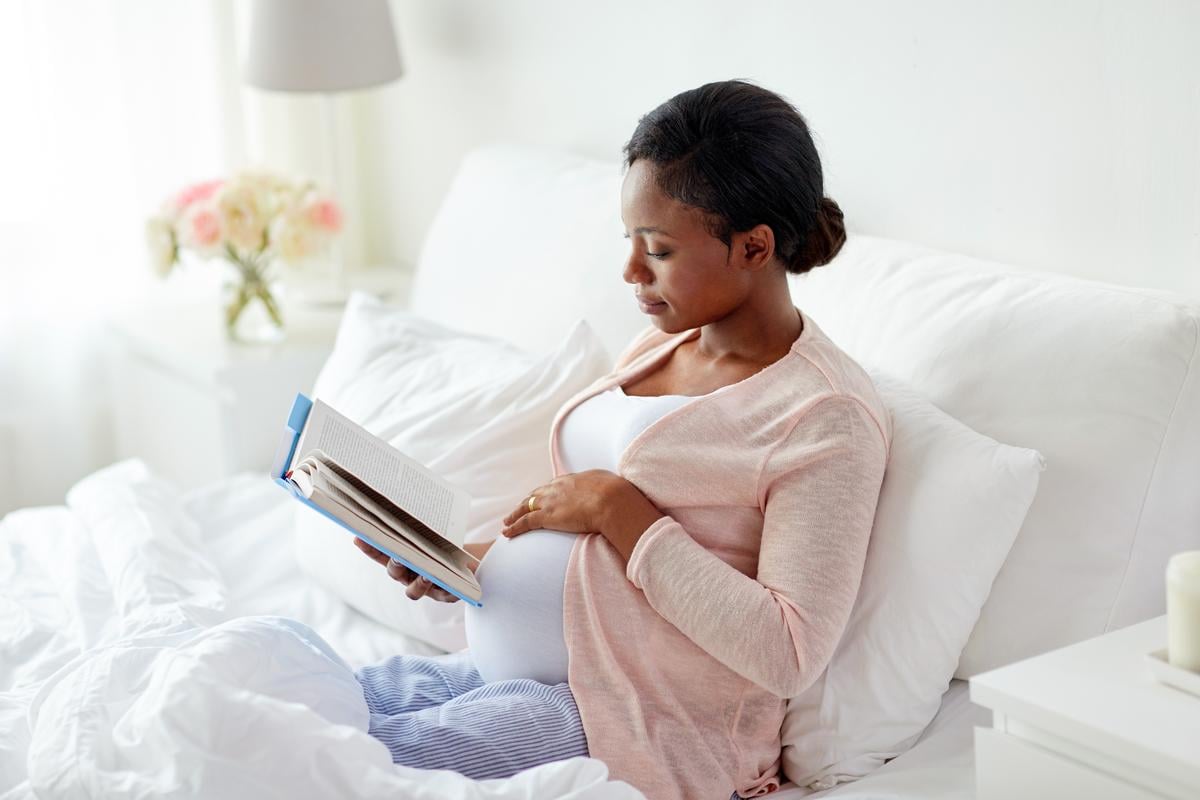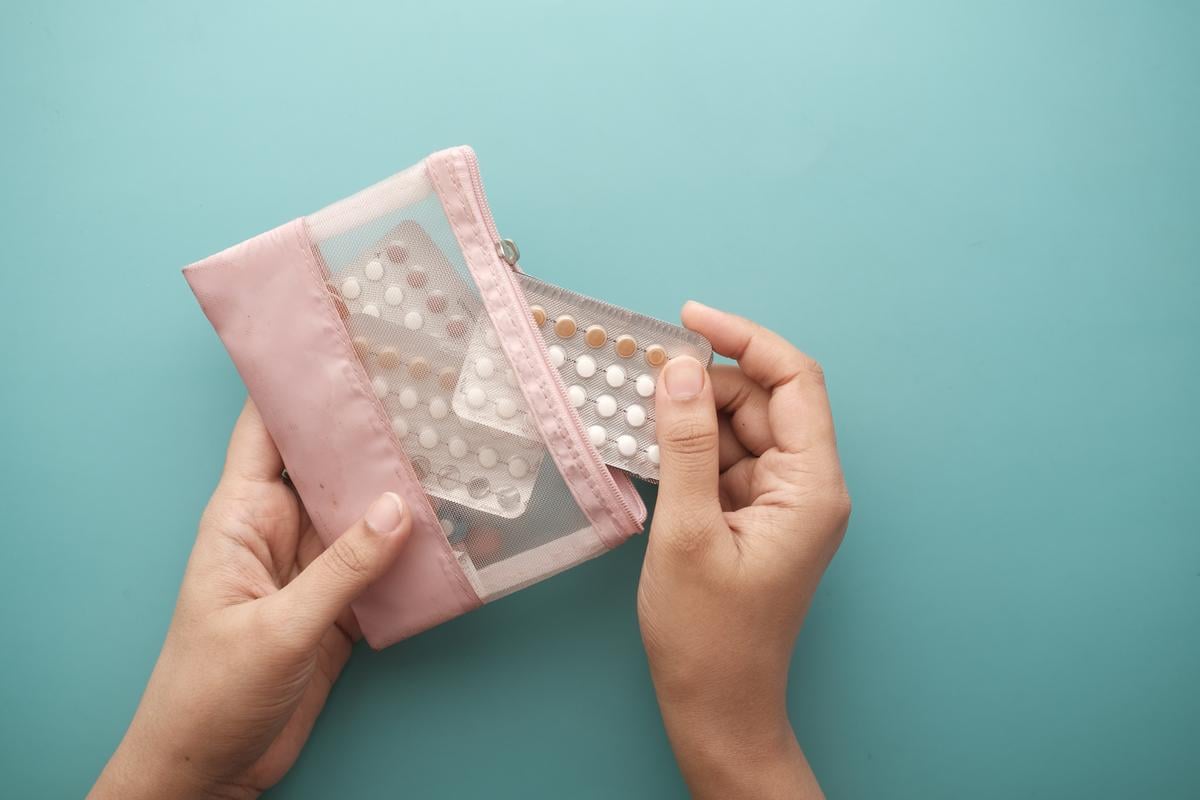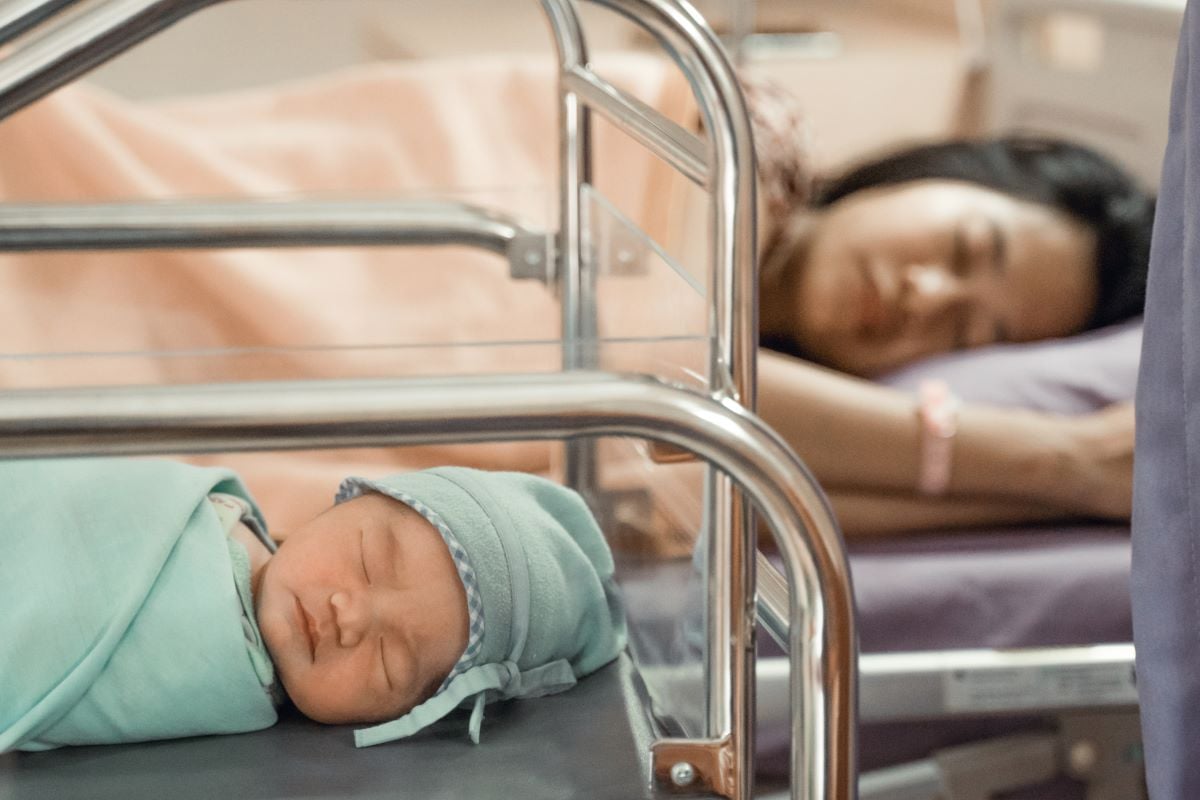
Anxiety is driving more children with potentially dangerous food allergies to seek out psychological care, a new study finds. Focusing on one Ohio hospital, the researchers found a more than 50% jump in psychology referrals for kids with food allergies between 2018 and 2023. “Our center has devoted significant resources to address the psychosocial support… read on > read on >













.jpg)
















